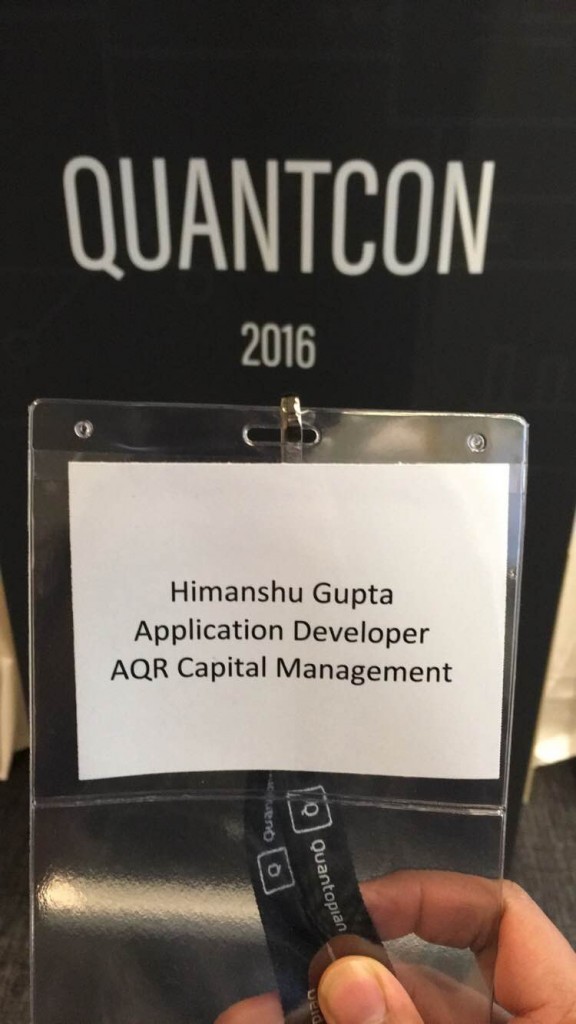If you have ever tried to learn a new language (not a programming language), you know that we always think in our native language before we translate it to the new language. This can lead to you forming some sentences that don’t make sense in the new language but are perfectly normal in your native language. For example, in a lot of languages, you ‘open’ an electronic gadget such as fan, AC or cell phone. When you say that in English, it means to literally open the gadget instead of turning it on.
The same is true for programming languages. As we pick up new languages, such as python, we are using our prior knowledge of programming in another language (q, java, c++ etc) and translating that to python. Many times, your code will work but it won’t be ‘pretty’ or fast. In python terms, your code won’t be ‘pythonic’.
In this post, I would like to cover some python idioms that can be very helpful. These idioms will:
- Help your code look better,
- Speed up your code, and
- Set you apart from beginners
Let’s begin!
Note: All examples are written in python 2.
Update: Thanks to Diane and my other readers for pointing out some errors in my examples!
Continue reading “10 python idioms to help you improve your code”
